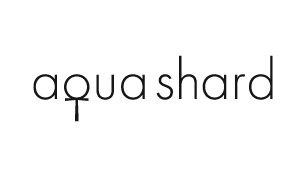ABOUT US
Known for quality, chosen for trust and valued for the long term
Over the last 80 years, we have worked with thousands of businesses and individuals, helping them to achieve their financial goals through our extensive accountancy and advisory services.


OUR PEOPLE
Our team are here to help you succeed.

CARL LUNDBERG
Inspiring words from our CEO
At Gerald Edelman, our strength lies in the boldness of our ideas, the precision of our work, and the unity of our team. We believe that entrepreneurship is not just about business—it's about courage, innovation, and constantly challenging the status quo. Our obsession with quality ensures that every solution we deliver is crafted with care and rigor. But most importantly, we achieve success together. Collaboration is the heartbeat of everything we do. I'm proud to lead a team that doesn’t just meet expectations—we redefine them, every single day.
OUR CLIENTS
Who we work with
Join the leading brands, companies and entrepreneurs working with us. Read some of our client stories and testimonials across a wide range of sectors.
CAREERS
Be challenged, guided and driven to be the best you can be
At Gerald Edelman, excellence isn’t just a goal, it’s our standard.
To achieve it, we’re committed to developing the industry’s top advisers.
Through tailored training, meaningful opportunities, a collaborative culture, and an unwavering commitment to quality, we empower you to thrive.
INSIGHTS
Here we share topical news, updates, and inspirational blogs.





































